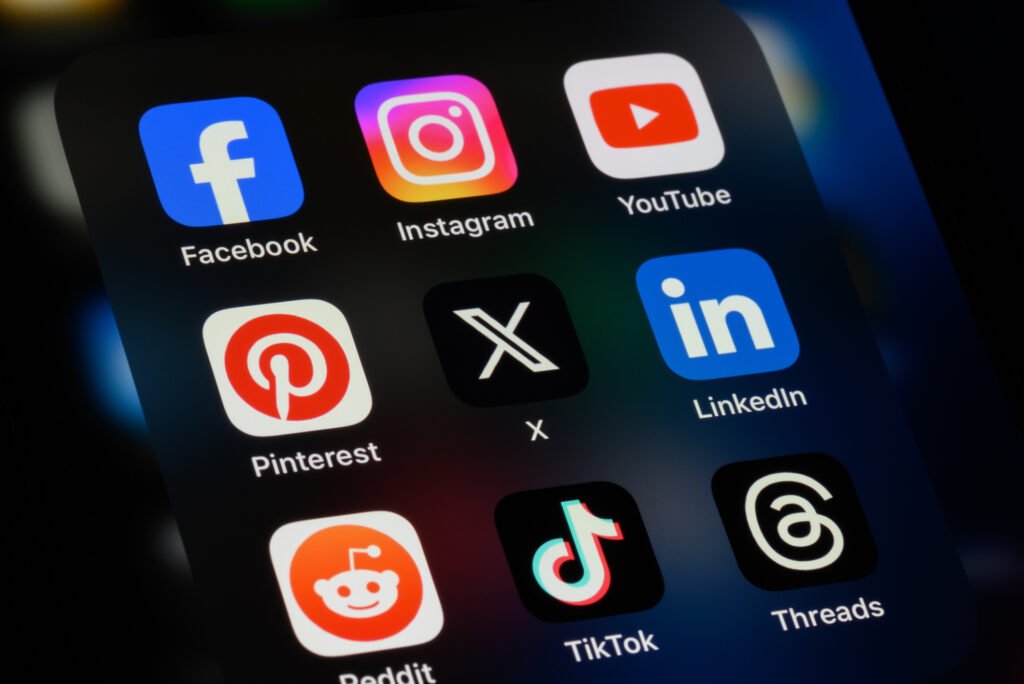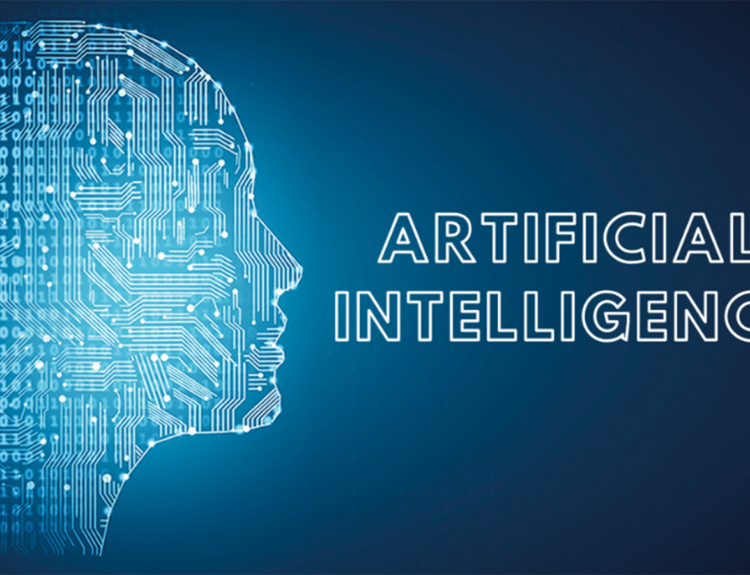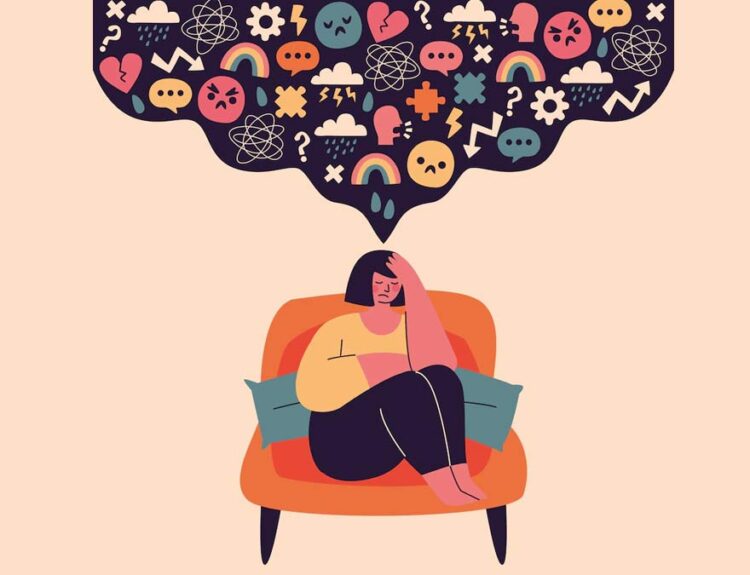Once upon a time, if you wanted to be entertained, you’d tune into a television show, go to the movies, or maybe listen to the radio. Fast forward to today, and entertainment is more likely to come in the form of a TikTok dance, a viral Instagram reel, or a YouTube vlog. Social media has rapidly evolved from a communication tool into a primary entertainment channel, reshaping how we consume, share, and even create content.
But how exactly did this transformation happen? What makes platforms like TikTok, Instagram, and YouTube serious competitors to traditional media giants? And more importantly—is social media truly the new face of entertainment?
Let’s take a deep dive into the rise of social media as an entertainment powerhouse, its impact on pop culture, and what this shift means for the future of the entertainment industry.
🎬 From Passive Watching to Interactive Streaming
In the past, entertainment was passive. Audiences consumed what was scheduled by broadcasters. TV shows, movies, and music were curated by producers and gatekeepers. Social media flipped that script by giving power to the audience—and, more significantly, the creators.
Now, entertainment is interactive, personalized, and on-demand. Whether you’re commenting on a YouTube video, sharing a meme, or dueting a TikTok video, social media entertainment invites participation.
Key Changes:
- User-generated content (UGC) is now king.
- Viewers are creators, not just consumers.
- Algorithms tailor content to individual tastes, creating a more engaging experience.
🎭 The Rise of Influencers as Entertainers
Celebrities used to dominate the entertainment world. Now, influencers and content creators hold just as much sway—sometimes more. They build massive followings by creating relatable, humorous, emotional, or informative content across platforms like Instagram, TikTok, and YouTube.
Why It Works:
- Influencers create authentic, niche content that feels more personal than polished.
- Audiences feel closer and more connected to creators than to traditional celebrities.
- Platforms allow for direct engagement, creating a two-way relationship.
Influencers like MrBeast, Khaby Lame, or Charli D’Amelio have become household names—drawing in millions of views, sponsorships, and even appearances in traditional media. Social media isn’t just a launchpad for fame anymore. It’s the main stage.
🎧 Social Media as a Multi-Format Experience
One of the biggest advantages of social media as an entertainment channel is its variety of content formats. You’re not limited to watching a 30-minute episode—you can scroll through memes, watch 10-second reels, jump into livestreams, or listen to bite-sized audio clips.
Examples:
- Short-form videos (TikTok, Instagram Reels, YouTube Shorts) for quick entertainment.
- Livestreaming (Twitch, TikTok Live, YouTube Live) for real-time interaction.
- Stories and threads for behind-the-scenes and quick updates.
- Podcasts and voice rooms (Twitter/X Spaces, Clubhouse) for on-the-go audio content.
This multi-format flexibility means you can tailor your entertainment to your mood, attention span, or environment—something traditional media simply can’t match.

📈 Algorithms: The New Content Curators
In traditional media, TV execs and producers decided what got airtime. Today, algorithms are the tastemakers. On platforms like TikTok or Instagram, it’s not about who you follow—it’s about what the algorithm thinks you’ll enjoy.
What This Means:
- Virality is unpredictable, making entertainment more democratized.
- Niche creators can reach massive audiences without traditional gatekeepers.
- Content diversity increases as users are served a mix of trending and personalized content.
The result? Your entertainment feed becomes uniquely yours, packed with the content that resonates with your interests—even if it comes from creators halfway across the world.
📊 The Numbers Don’t Lie: Social Media Dominates
Let’s look at some statistics that highlight social media’s impact on the entertainment landscape:
- In 2024, the average person spent 2.5 hours daily on social media, surpassing time spent watching traditional TV.
- Over 70% of Gen Z and 60% of Millennials say they get more entertainment from social platforms than from movies or TV.
- TikTok has more than 1.5 billion active users, with more watch time than YouTube among younger audiences.
- YouTube is the second-largest search engine after Google and a primary source for entertainment and education.
Social media isn’t just an alternative—it’s becoming the primary channel for entertainment consumption, especially among younger demographics.
🎮 The Rise of Social Media Gaming & Hybrid Content
Gaming has always been a dominant form of entertainment, and social media has integrated it seamlessly. Platforms like Twitch, Facebook Gaming, and YouTube Live allow users to stream games, watch eSports, and interact with gamers in real time.
Even non-gaming platforms are jumping in:
- TikTok now features game integrations.
- Snapchat includes mini-games.
- Instagram supports game-themed AR filters.
These integrations show that entertainment on social media is no longer bound to one format. It’s a hybrid of video, music, interaction, and gaming—all wrapped into one platform.
📱 TikTok: The Poster Child of New-Age Entertainment
No platform has shifted entertainment culture quite like TikTok. It turned ordinary people into overnight sensations and reshaped how music, comedy, and storytelling are consumed.
Key TikTok Impacts:
- Music chart success now hinges on TikTok trends.
- Comedy and acting careers are launched via skits and voiceovers.
- “Edutainment” and niche humor find massive audiences.
With its For You Page acting as a dynamic stage, TikTok is arguably the clearest example of how social media has become the new TV, cinema, and concert hall—rolled into one.
🧠 Entertainment Meets Education
Social media also blurs the line between entertainment and education. From science explainers to history TikToks, creators are packaging knowledge in bite-sized, engaging formats.
- Crash Course and Kurzgesagt on YouTube have millions of subscribers.
- Doctors, scientists, and psychologists are gaining followers by explaining concepts through memes and short videos.
This shift has made informative entertainment not only accessible but also enjoyable, especially for younger viewers who prefer casual learning over textbooks.
🧩 Downsides: The Double-Edged Sword of Social Media Entertainment
While social media offers many positives, it also comes with concerns:
- Short attention spans: Quick-scroll culture may affect how deeply we engage with content.
- Burnout for creators: The pressure to constantly post can lead to mental health challenges.
- Misinformation and toxicity: Content moderation still lags behind the speed at which content spreads.
Despite these issues, the influence of social platforms on the entertainment ecosystem is undeniable. Platforms are now adapting with better tools, content filtering, and mental health resources for creators.
🔮 The Future: Social Media as the Entertainment Industry Standard?
With streaming giants like Netflix and Disney+ integrating social features and platforms like YouTube producing original films, the line between “social media” and “mainstream entertainment” is almost gone.
What’s Next?
- AI-generated influencers like Lil Miquela and virtual performers may take center stage.
- Interactive content like Bandersnatch (Netflix) could become the norm.
- Virtual reality (VR) and augmented reality (AR) integration with social platforms will further blur the lines between real and digital entertainment.
One thing’s certain: social media isn’t just shaping entertainment—it is entertainment.
🎤 Final Thoughts: Is Social Media the New Entertainment Channel?
Absolutely. Social media is no longer just a tool to connect—it’s where we laugh, cry, learn, compete, and escape. It’s where stars are born, memes go viral, and ideas reach billions in seconds. For younger generations, it’s the first stop for entertainment, not the second.
As the digital age progresses, social media will continue to dominate and diversify the entertainment space—shaping not just what we consume, but how we live, feel, and interact with the world around us.
💬 What Do You Think?
Are you spending more time watching TikTok than Netflix? Do you think social media can replace movies and traditional shows? Share your thoughts in the comments below.








